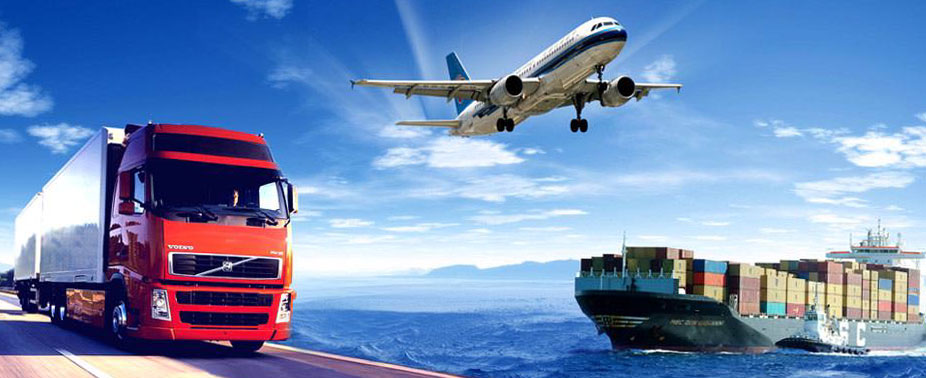
Digital Disruption: Technology’s Influence on Freight Forwarding
Freight forwarding performs a critical position inside the world-wide logistics chain, in the role of the intermediary between shippers and companies to guarantee easy travel of goods across sides. No matter if you’re an experienced importer/exporter or even a novice to overseas buy and sell, learning the basics of freight forwarding is crucial for profitable enterprise surgical procedures. Here’s all you have to know:
1. **Description and Position**: Freight forwarding necessitates the co-ordination and facilitation of your shipment of merchandise from one spot to another. Freight forwarders work as intermediaries between shippers and providers, handling numerous aspects of the travelling procedure, which includes documentation, customs clearance, and freight insurance coverage.
2. **Providers Supplied**: Freight forwarders offer you an array of providers personalized to satisfy the varied requirements of their consumers. These facilities could include freight debt consolidation, warehousing, packaging, customs brokerage firm, and cargo keeping track of. By using their skills and community of providers, freight forwarders make certain effective and price-efficient travel alternatives.
3. **Records and Conformity**: International shipping and delivery requires an array of records, which include commercial invoices, expenses of lading, and accreditations of starting point. Freight forwarders help shippers in planning and managing these papers, making certain conformity with regulatory demands and smooth customs clearance processes.
4. **Customs Clearance**: Navigating customs polices and operations can be challenging for shippers. Freight forwarders have in-level knowledge of customs procedures and restrictions in several places, allowing them to expedite customs clearance and reduce delays.
5. **Chance Control**: Freight forwarders assist mitigate the potential risks related to overseas transport by offering freight insurance and delivering tips on packaging and coping with processes in order to avoid harm or reduction during transportation.
6. **Modern technology Integration**: In today’s digital era, technologies plays an important role in streamlining logistics operations. Several freight forwarders utilize superior computer software platforms to monitor deliveries in real-time, maximize option organizing, and enhance conversation with consumers and carriers.
7. **Cost Factors**: While freight forwarding solutions incur costs, they could ultimately preserve shippers time and money by improving transport paths, discussing ideal freight costs, and lessening the potential risk of high priced slow downs or mistakes.
To conclude, Freight Forwarding is an essential component of world-wide business, facilitating the successful activity of products across edges. By partnering having a reputable freight forwarder, shippers can navigate the intricacies of global shipping and delivery with full confidence and concentration on growing their businesses.
Proudly powered by WordPress. Theme by Infigo Software.